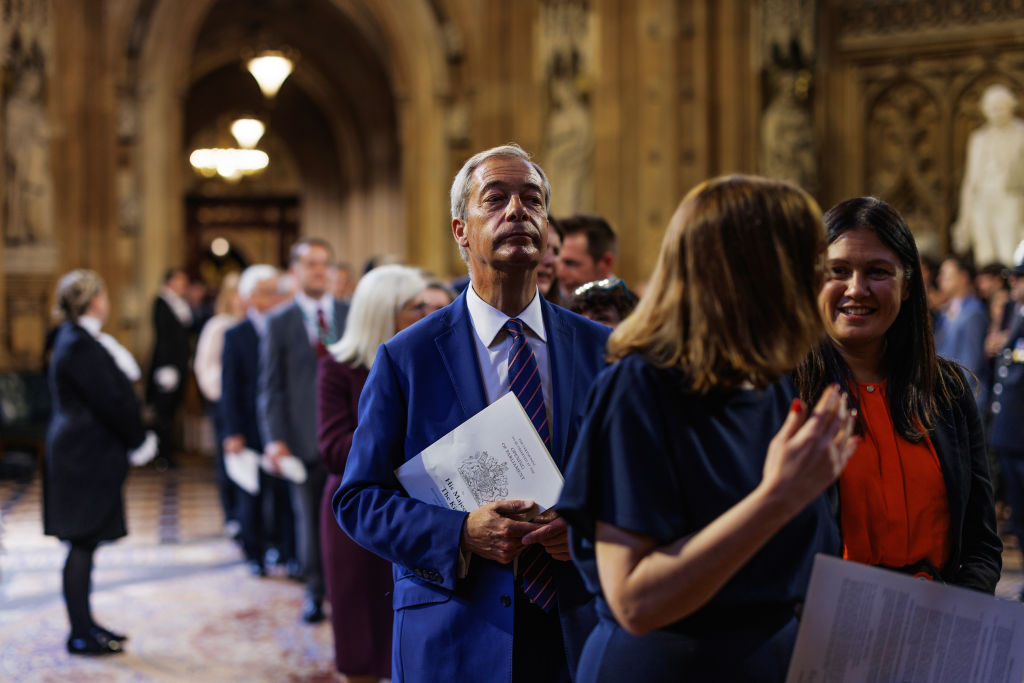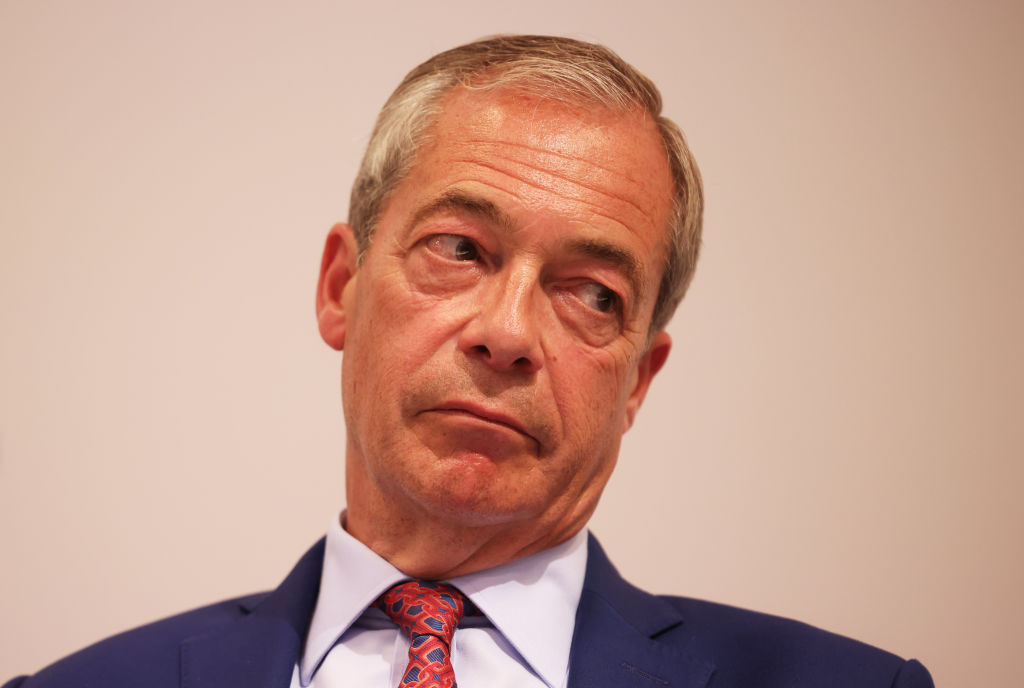Reform UK’s saga is a kaleidoscope of ambition, chaos, and sheer bloody-mindedness. When Zia Yusuf chucked in the towel as chairman on June 5, the establishment popped the champagne. Kemi Badenoch sneered it was a “Farage fan club” (frankly, she should be so lucky – imagine a Kemi fan club?). Labour jeered that Nigel couldn’t herd cats, let alone a country, and the press smelled blood. They’re all missing the trick: Reform doesn’t collapse, it mutates. Yusuf’s exit was just another swirl in the glass, not the shattering they hoped for.
But hold on, 48 hours later, Yusuf was back, not as chairman but to head the Reform local council Doge unit. Had he gone the traditional route, penning a resignation letter to Farage, Nigel wouldn’t have accepted it. Instead, he’d have twisted Yusuf’s arm with that trademark charm until he stayed, which, in a roundabout way, is exactly what happened. Yusuf’s undoubted talents are too precious to lose, but his people skills? Let’s just say they’re better suited to spreadsheets than schmoozing, so this new gig keeps him on board while sparing him the member-facing spotlight where his style sometimes grated.
Zia Yusuf, a Goldman Sachs alum with a penchant for patriotism and a fat chequebook, stormed into Reform in 2024 with £200,000 and a grin. By July, he’d nabbed the chairman gig, tasked with hauling the party from pub-rant territory into a 2029 contender. And deliver he did: Membership rocketed from 35,000 to 250,000, branches sprouted to 450, and Reform bagged 800 council seats, 10 councils, and two mayors. Polls hit 31 per cent, leaving Labour and the Tories choking on exhaust fumes. The man built a machine, clunky, sure, but it hummed.
Glory, though, comes with a sting. Yusuf ran the show like a drill sergeant, 15-hour days, top-down edicts, and a staff turnover that’d make a revolving door blush. I should know; I was one of the early bodies defenestrated in the purge, left to ponder my sins from the side-lines with nothing but daytime telly for company. The vetting system, meant to keep out the loons, turned into a Kafkaesque farce, good folks binned, oddballs waved through. Then there was the Rupert Lowe fiasco: Reported to the cops over a few hurty words, leaving egg on everyone’s face. Yusuf’s reign was a pressure cooker: fresh blood in, old hands out, often with a shove.
The end came with a bang, not a whimper. When MP Sarah Pochin floated a burka ban, Yusuf stuck his oar in, tweeting it was “dumb.” Big mistake. Reform’s a loyalty outfit, and the hard-right flank unleashed hell. Abuse rained down, ugly, personal stuff, and Yusuf, exhausted from 8 months of Trojaning, understandably felt he’d had enough. Cue the establishment doing a jig, thinking they’d finally seen the back of him.
They danced too soon. That same day, Reform clocked 26 per cent in the Hamilton by-election, a Scottish toehold no one saw coming. Council by-elections since May? Reform’s up, Labour and Tories down. Chaos? Nah, evolution. Yusuf’s return to head the Doge unit proves it. Inspired by Elon Musk’s efficiency wizards, this crack team is tasked with slashing waste and boosting efficiency in the councils Reform now controls. It’s data-driven, detail-obsessed, and delightfully nerdy, perfect for Yusuf, who’s more at home with algorithms than activists.
The Doge unit is Reform’s secret weapon, a squad of number-crunchers with a mandate to make local government leaner, meaner, and cheaper. It’s the kind of gig that gets Yusuf’s pulse racing: spreadsheets, KPIs, and zero tolerance for fluff. No need for charm offensives or dodging Twitter trolls, just cold, hard numbers. It’s a match made in heaven, or at least in a well-organized spreadsheet. This role lets him flex his financial and tech muscles behind the scenes, keeping his talents in play without the friction of member-facing duties where his brusque style rubbed people raw.
Farage, ever the ringmaster, knew Yusuf was a keeper, just perhaps not in the chairman’s role that often requires both smiles and soap. Persuading him to stay was less a negotiation and more a friendly arm-twist, the kind only Nigel can pull off without breaking sweat. It’s a testament to Reform’s knack for improvisation: when the square peg doesn’t fit, they don’t chuck it—they find a square hole. Yusuf’s back, the base is mollified, and the party’s brain trust stays intact. From my perch on the outside, courtesy of Yusuf’s revolving door, it’s clear his legacy as chairman isn’t just bruised egos but a party infrastructure that’s still standing tall.
So, what’s the upshot? Reform’s not imploding; it’s evolving, shedding skin and growing claws. Yusuf’s return, in a role tailored to his strengths, shows the party’s resilience and adaptability. The establishment’s glee was premature, like celebrating a knockout when the fighter’s just tying his shoelace. Reform’s not done yet, Holyrood, the Welsh Senedd, London, and Labour’s urban strongholds are next on the hit list. The kaleidoscope’s still spinning, and the old guard’s laughter is starting to sound a bit forced. This isn’t the end – it’s the warm-up act.






Reform party shakes Westminster, poll shows Nigel Farage could be PM